Some people seamlessly accept the maturity and responsibility that comes with adulthood. Some of us call our moms a lot. Some dig their heels into the ground with the resistance of a toddler heading to time out. Chloe Caldwell, by certain definitions, is the latter. Caldwell’s latest essay collection, I’ll tell you in person, includes lengthy but devourable essays about some of her craziest decisions, most obstructive and devastating problems, major disappointments, and the relationships that got her there.
0 Comments
Songs for a River, McGahan’s third book, combines eloquent descriptions of nature, vivid artistic philosophies, and serene paintings of grazing buffalo in mountainous landscapes with a complicated romance that spans almost the entire novel. There is a Zen-like quality that carries over from page to page, inviting the reader to see art, nature, and relationships as more than just ordinary aspects of one’s life. But between the lovely portraits of wild North-West America, McGahan addresses the similarities between art, humanity, and the spirit of nature; although our pride as humans is to live and govern above the rest of the animal kingdom through reason and emotions, at our base nature we rely on the same instinctual tendencies as our hoofed and feathery counterparts. And even though we might consider ourselves beings of intellectual and artistic ability, it is difficult to push aside the lingering traces of animal ancestry along with the need to break free from societal restraints.
Lilith. Feminist icon. Biblical nightmare. And now, the subject of Julie R. Enszer’s latest poetry book.
Lilith’s Demons, Enszer’s third book, reimagines the infamous, ancient figure Lilith as a modern, empowered woman. Split into three parts, the book begins with poems from Lilith’s point of view, followed by a middle section narrated by her demons (all with their own unique name and personality), and finally, closing with a short section narrated by angels who are drawn to Lilith’s alluring power. Through the eyes of Lilith and her demons, Enszer crafts a beautiful and thought-provoking narrative of the modern issue of women’s oppression, and the punishment they receive.
There are some cravings that can last a lifetime. If there is any evidence of this, it can be read in Clementine von Radics’ poetry collection Mouthful of Forevers. These poems separately challenge the reader to look at how they define love and how they heal from it. They make us question whether or not love is just one thing, or a mangled mess of emotion. Von Radics begs us to be raw with ourselves, to explore the types of love the world has to offer, traditional or not. She teaches us that the type of love we learn is the definition of love we bring with us, the love we challenge.
The path to happiness can be crooked and twisted with daunting barriers along the way. In Vanessa MacLellan’s debut novel, Three Great Lies, the key characters seek their own forms of happiness – only attainable when they recognize the truth about themselves.
MacLellan sets her tale in Egypt. Her bored and self-absorbed protagonist, Jeannette, decides to trust a local teenaged boy, to show her a newly opened tomb with no tourists. She survives a harrowing ride in a motorcycle sidecar to arrive at the site. Like Alice before her, she soon finds herself tumbling down the rabbit hole. Jeannette awakens from the fall and learns she is still in Egypt, but Egypt from 3,000 years ago. |
Archives
April 2024
Categories
All
|
|
Glassworks is a publication of Rowan University's Master of Arts in Writing 260 Victoria Street • Glassboro, New Jersey 08028 glassworksmagazine@rowan.edu |
All Content on this Site (c) 2024 Glassworks
|

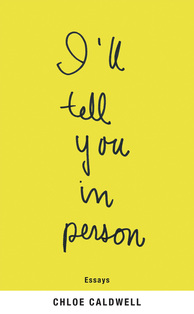
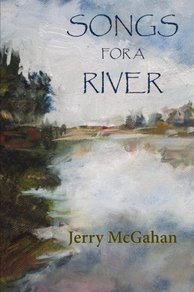
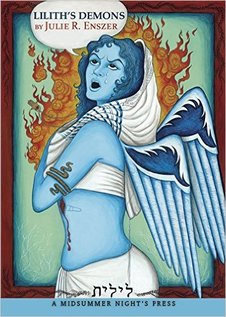
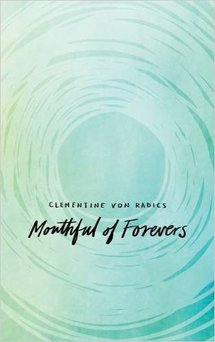
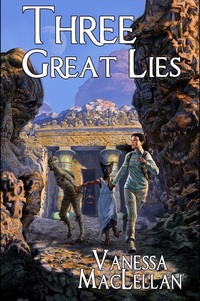
 RSS Feed
RSS Feed
